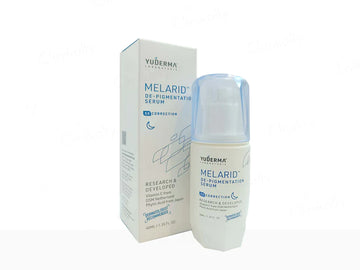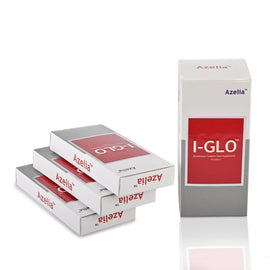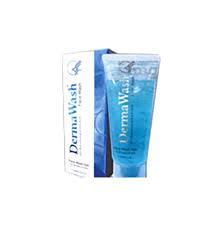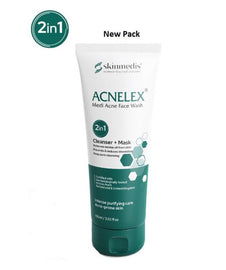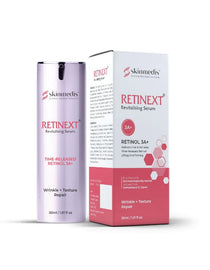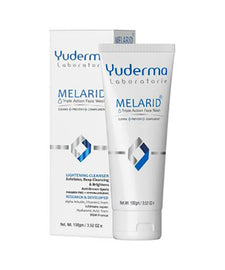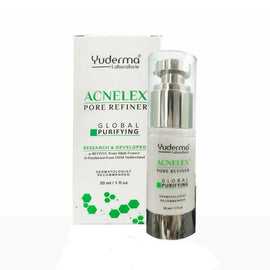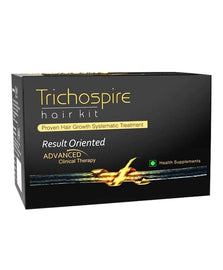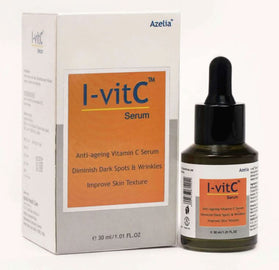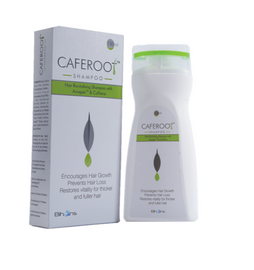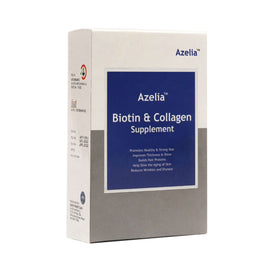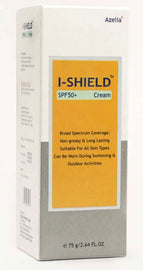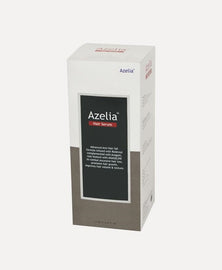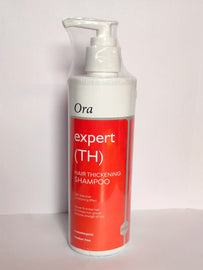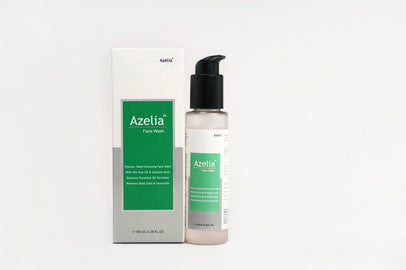
What do skincare labels mean?

A large number of companies use a product name or label to highlight ingredients that are only present in tiny quantities, and that in reality are not big enough for the ingredient to have an effect, but they sound attractive on the label. That’s where team MySkinCare.in comes in of much use as we provide unbiased guidance about product details, the nitty-gritty of ingredients and inside-out information of all products.
Skincare products often come with vague, confusing labels. Why is a “hypoallergenic” product safer for skin? What’s the difference between “natural” and “organic”? Are these terms purely for marketing or are they actual standards that can help you decide if a product is better for your skin? Here again we make sure you get what you deserve and what you need and not what some pharma company wants to sell to you.
Instead of relying entirely on the terminology, one must research the brand’s philosophy, read the list of ingredients, and pay attention to our skin’s reactions when we incorporate a new product into our routine. We must remember that the order in which the ingredients are listed on the label is important. Ingredients are generally listed in descending order from greatest to least amount present in the product.
Hypoallergenic
These products claim to cause less allergic reactions based on individual ingredients. Since everybody’s skin is different, what is safe for one person may cause reactions in another. Our skin may also change as we get older. We have to conduct our own “clinical trials” to find out what works best for us. This is best done by introducing products one at a time and to observe if they cause any reaction. Those who have sensitive skin must avoid ingredients that are known irritants.
Natural / Organic
A natural or organic product contains ingredients that have come from nature as opposed to being completely synthesized in a lab.
These products have become very popular in recent years. Skincare research has found many powerful botanical extracts and oils that can fight acne, ageing and irritation. Some people also have a personal preference for natural products. But these natural or organic products aren’t necessarily “better” or “gentler” than those that are made in the laboratory. It just describes the source of the ingredient.
There are some organizations that will give a “Certified Natural / Organic” seal, but they have different criteria. Some products will receive this seal even if they use some synthetic ingredients. It is still important for consumers to read the label and research on the brand philosophy.
Non-comedogenic
A comedo (plural: comedones) is a mild form of acne that is caused by a clogged pore. Pores can get clogged by dead skin cells and excess sebum. Whiteheads are comedones that form under the skin surface and are closed at the skin’s surface. Blackheads are comedones exposed to air, and turn black because of oxidation and due to melanin buildup.
Non-comedogenic products claim to have a lower risk for clogging pores. They don’t contain oils and may help break down excess oils on your skin. However, they may not necessarily treat existing comedones. You will still need other products to help clear out pores and exfoliate.
Many of these products are marketed and sold to consumers who are misled to think the products are superior. “Clean beauty’ movement is more of a business model and marketing tool that plays on the trend of people wanting to use natural rather than synthetic products.
Everything processed is not bad. Like essential oils become better than the natural herbs and last longer and have therapeutic values. Similarly, processed and scientifically tested molecules are essential for safe modern cosmetics.
Many natural products contain high concentrations of botanical extracts that cause rashes and allergies, particularly perfumes, creams, lotions and aromatherapy that tout essential oils. Products that include synthetic ingredients are created to prevent those adverse reactions on the skin, and preservatives are meant to prevent those complications.
Methylisothiazolinone, a preservative often used in place of parabens in personal care products that are trying to be “paraben-free,” continues to show the highest rates of allergic reactions.
Not everything that is natural is good for you and your health. Some of the most powerful poisons are inside fungi or plants. They are natural, yet not beneficial at all.
A scientific approach is a must to natural and "clean" skin care products.
Synopsis- A lot of cosmetic products appear interesting and appealing, but that doesn’t mean all of them are as efficient and safe as you might think.
One must be conscious and aware when reading labels and ingredient lists.
“Clean” or “natural/organic” skin care products that are free of certain chemicals are not always safer than their traditional counterparts. Many of these products contain high concentrations of ingredients that can cause irritation and allergies.
We need to take a more balanced approach when choosing which products to use on our skin.

